|
Two composers for the organ from opposite ends of 19th century Germany will be offered this Sunday morning.
Felix Mendelssohn (1809-1847) was very prolific during his short life and known as a guiding force in reviving the music of J.S. Bach. Fascination with fugal writing and other Baroque compositional techniques was shared also by future composers such as Robert and Clara Schumann and Johannes Brahms. The concluding Fugue in C Major from Mendelssohn's Organ Sonata No. 2 in C Minor will be offered. Brahms' final work was the Eleven Chorale Preludes composed in 1896, a year before his death. Clearly modeled after his life long adoration of Bach's music, the chorale preludes contain a Baroque sensibility but through the lens of the 19th century. Herzlich tut mich erfreuen ("My Faithful Heart Rejoices") is based on a 16th century hymn encouraging one to act from the heart in service to God. Brahms setting of the communion hymn Schmücke dich, o liebe Seele ("Adorn Yourself, O Dear Soul") will be offered at 9:00 a.m. At the 11:00 a.m."choral" service, the Chancel Choir will present Abbie Betinis's canon "Love Is Love Is Love Is Love," with encouragement of congregational participation!
0 Comments
Two contemporary organ works by two living female American composers will be heard this Sunday morning. Libby Larsen is a Grammy Award winner and has held the Papamarkou Chair at John W. Kluge Center of the Library of Congress as well as residencies at the Minnesota Orchestra and Colorado Symphony Orchestra. Her music is inspired by the rhythms of the English language and has deep American roots. Her setting of the hymn "Blessed Be the Tie That Binds" opens the services. Brenda Portman was a colleague of mine at the Cincinnati College-Conservatory of Music and currently is an organ professor at Xavier University and Resident Organist at Hyde Park Community United Methodist Church, both in Cincinnati. Her Baroque-inspired setting of the tune Darwall's 148th (known as hymn 303 in the New Century Hymnal, "Rejoice, Give Thanks and Sing") closes the services on an energetic note.
The Plymouth Ringers visit the 9:00 a.m. service with the Epiphany hymn "Brightest and Best" arranged by Terry Osman. And at 11:00 a.m.,the Chancel Choir offers composer Craig Courtney's anthem of unity and purpose in One Faith, One Hope, One Lord, based on Ephesians 4. On this Martin Luther King, Jr. weekend, I felt inspired to choose several justice and peace themed chorale settings by contemporary American organ composers that would also be relevant in our present troubled times. Jesus Calls Us; O'er the Tumult beckons us into the sanctuary, a place of refuge and peace. William Bolcom composed this jazz-tinged setting included in Book 3 of his four volume set of Gospel Preludes. In Christ There Is No East or West, originally an Irish tune adapted by African American slaves, is also given a jazz treatment by organist James Biery during the 9:00 a.m. communion. Lastly, a regal setting of the tune Duke Street, commonly paired with the text Jesus shall reign where'er the sun, by Charles Callahan will send you out into the world on a joyful note.
The Chancel Choir sings a modern translation and setting of Psalm 34.1 in Oh, I Will Praise the Lord by Michael Burkhardt at the 11:00 a.m. "choral" service. The setting is based on a canon by Baroque composer Georg Philipp Telemann, whose output of over 3000 works makes him one of the most prolific composers of all time. Cantor Blair Carpenter and guitarist Alan Skowron work with Bobby at this MLK weekend's 6:00 p.m. service. Come join us for this evening prayer service as we celebrate the virtues of justice and peace in our world. Two prominent contemporary American organ composers will be presented during this week's morning services. Gerre Hancock was known as a master improviser of all the classic forms including fugues, trios, and even entire organ symphonies. This ingenuity is very present in his choral and organ output as well. The atmospheric and tonally adventurous setting of the well known hymn Beautiful Savior opens the services. Ned Rorem left an indelible mark on contemporary organ repertoire as well as the vocal, choral, and operatic genres and in literature as a diarist. At 95 years of age, Mr. Rorem has retired from composing but enjoys his works performed regularly throughout the world. Fanfare from OrganBook III and "...No darkness at all..." from A Quaker Reader will be offered.
The Chancel Choir will present a setting of the familiar Isaiah 9:2-6 text prophesying the advent of the Light to the world in Arise and Shine! by John Paradowski. Come later to the 6:00 p.m. service for a Celtic evening of jigs, reels, and beautifully haunting tones from the British Isles. Violinist Abigail Steidley and guitarist Scott Steidley joins Bobby and Blair for this exciting worship experience. 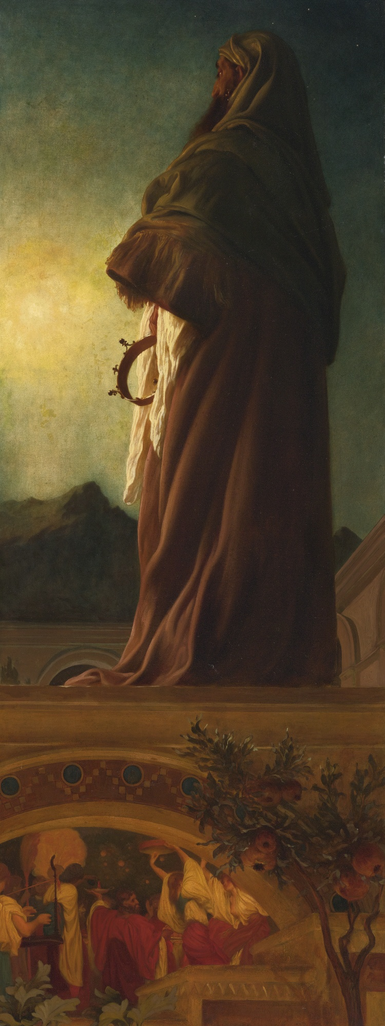 "The Star of Bethlehem", 1862 painting by Frederic Leighton Source: Wikimedia Commons "The Star of Bethlehem", 1862 painting by Frederic Leighton Source: Wikimedia Commons The Feast of the Epiphany falls on Sunday this liturgical year, a day sometimes referred to as Three Kings Day. Christians around the world have commemorated the visitation of the Magi to the Christ Child on January 6 for centuries. But the Epiphany season is much more than this. It is the season of light, the Light of Christ revealed to the world, at first, via a guiding star. Throughout this portion of the liturgical year, ending on the Transfiguration on March 3, we will hear many references to light through the organ and choral works and hymnody. This Sunday morning, two 20th century settings of German Baroque chorales by Helmut Walcha will be offered: Wie schön leuchtet der Morgenstern (O Morning Star, how clear and bright) and O Jesu Christe, wahres Licht (O Christ, our true and only light). Walcha was a blind organist who composed in what can be a called a "Neo-Baroque" style: employing common Baroque composition techniques such as counterpoint and exposing the chorale melody in the texture (a cantus firmus) with contemporary harmonies and a modern aesthetic. A noted scholar on the works of J.S. Bach, Walcha recorded the master's complete catalogue twice: once in mono, followed by a recording in stereo. It is fitting then to also present Bach's setting of In dir ist Freude (In Thee Is Gladness), a hymn of hope for the new year, declaring Jesus as the "sunshine of my heart." At the 11:00 service, the Chancel Choir will sing Paul Halley's arrangement of Infinite Light, an Epiphany anthem based on a traditional English text and melody. At 6:00, Bobby and cantor Blair Carpenter will continue our Epiphany observance with beautiful musical offerings of light and love. |
Details
|
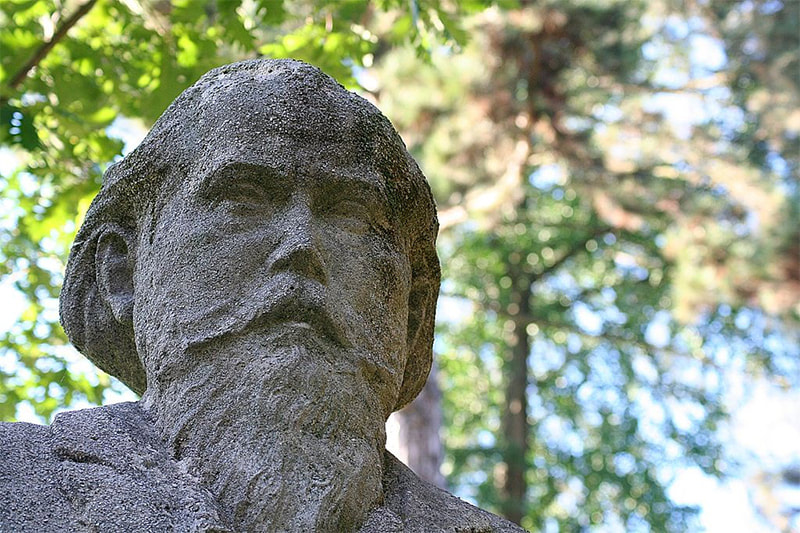
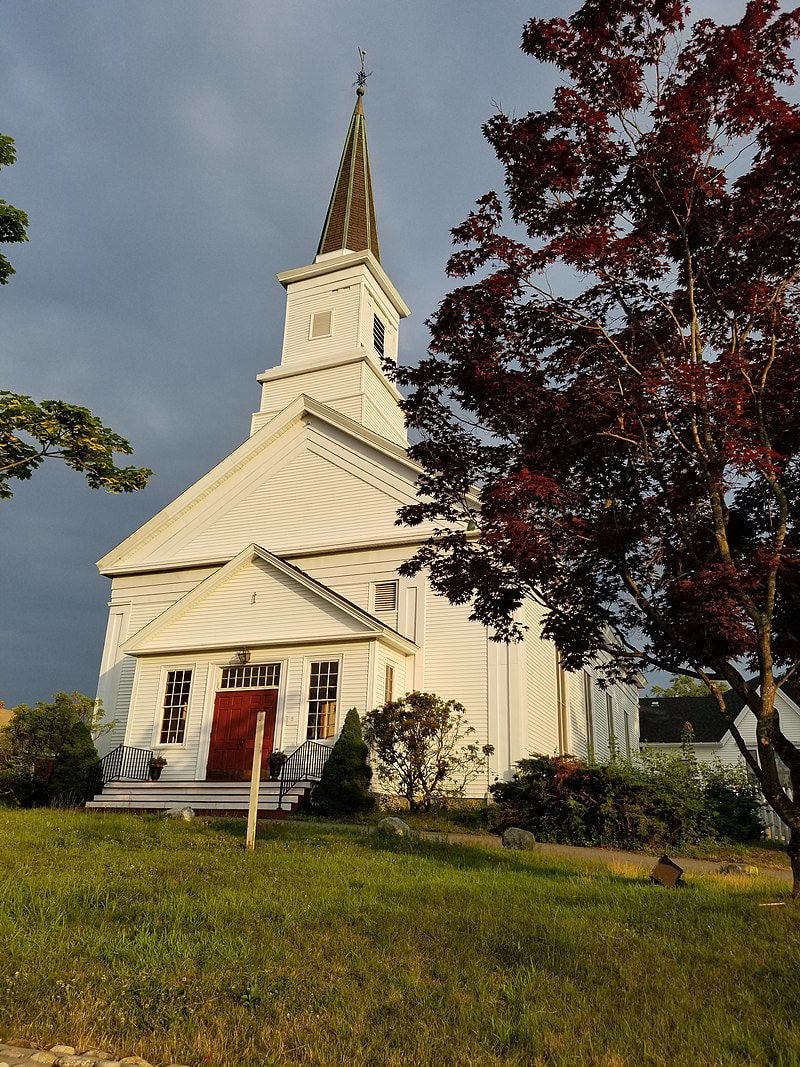
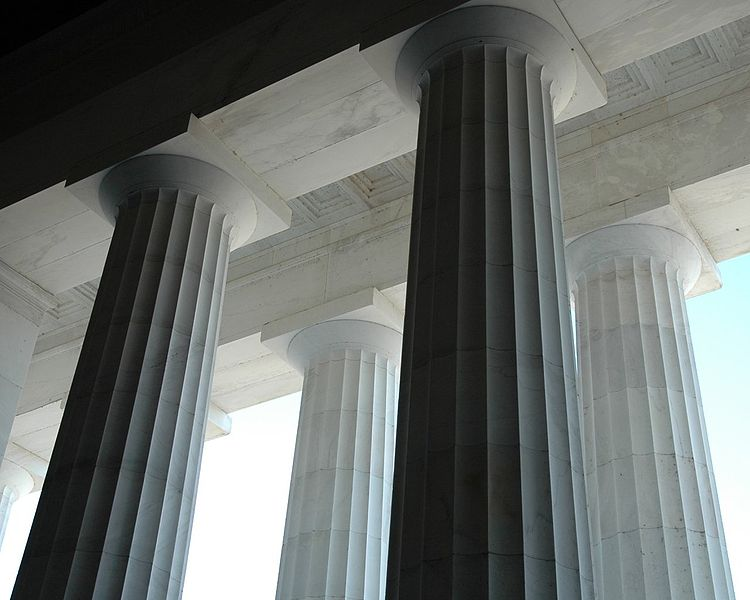
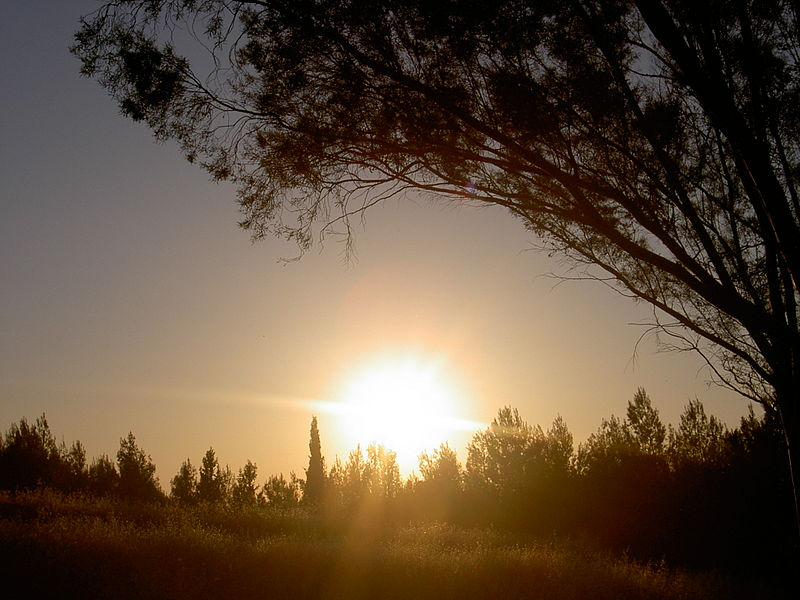
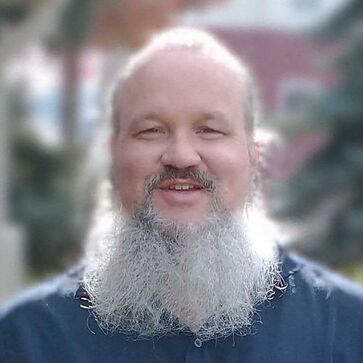
 RSS Feed
RSS Feed